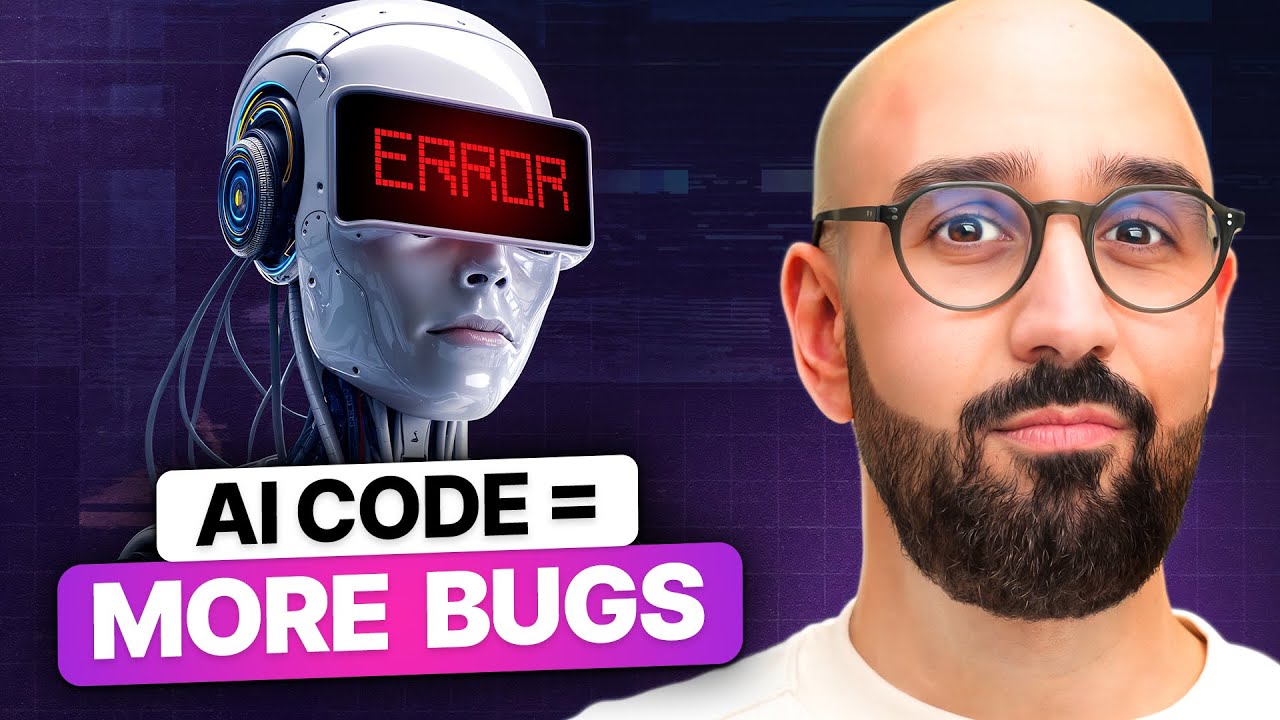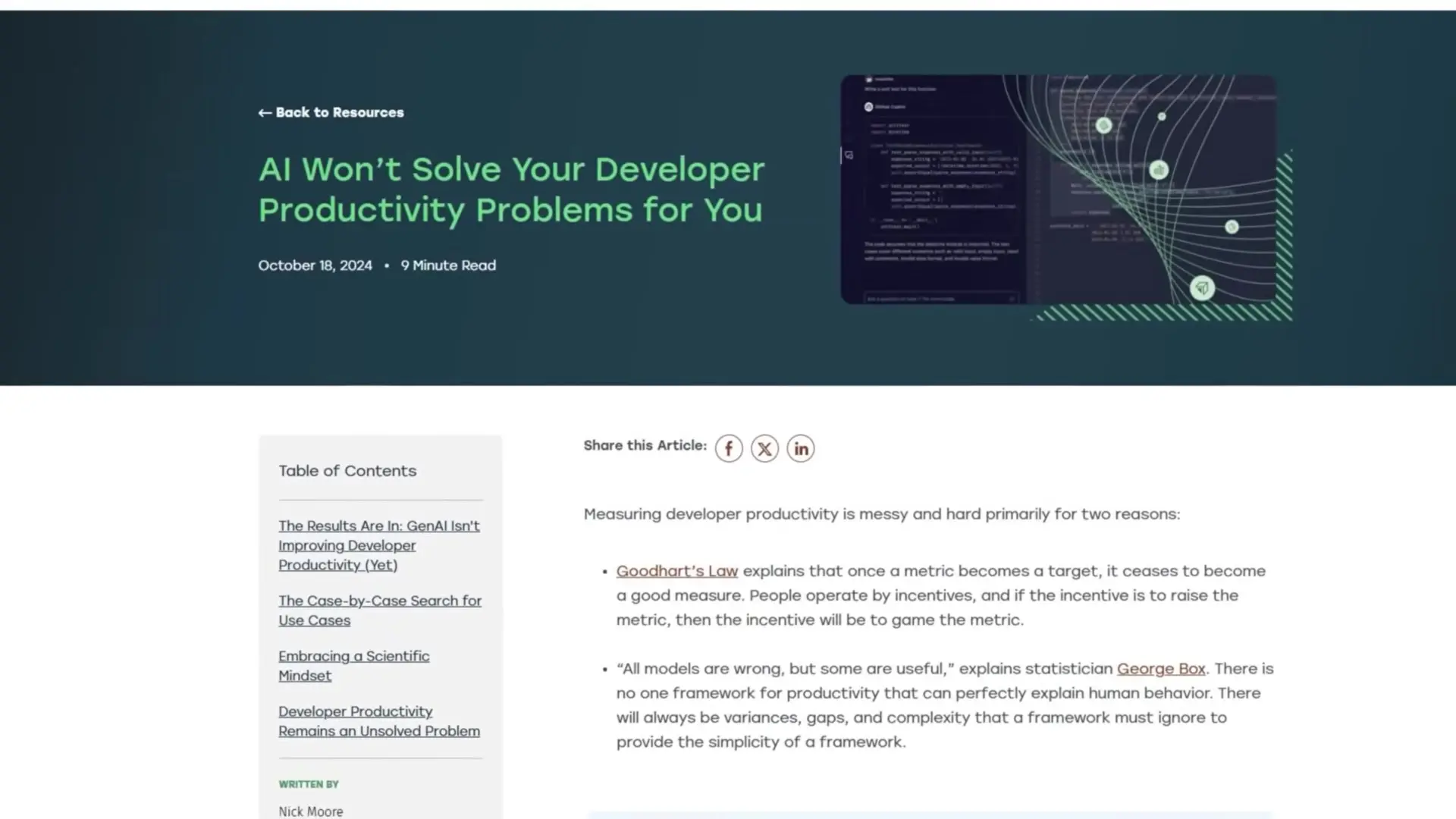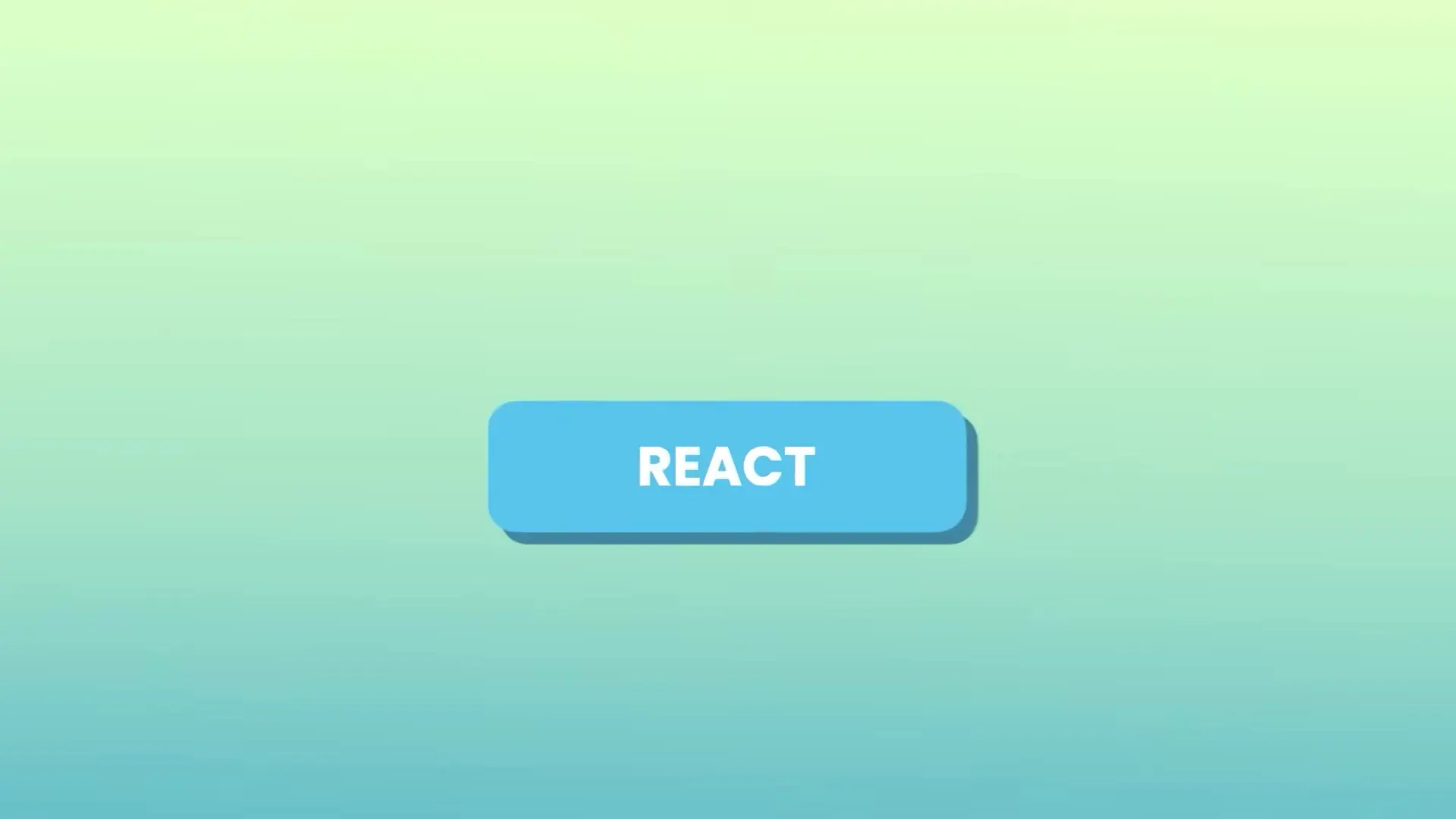
While tech industry leaders like Jensen Huang of Nvidia have boldly claimed that "everyone in the world is now a programmer" thanks to AI, and Emad Mostaque of Stability AI predicted the end of human programmers within five years, the reality on the ground tells a different story. Recent studies are revealing that AI-generated code is creating unexpected challenges rather than the coding utopia we were promised.
The Reality of AI-Generated Code: More Bugs, Not Less
A comprehensive study by UpLevel examining over 800 developers using AI coding tools like GitHub Copilot revealed some surprising findings that contradict the AI hype. Far from eliminating bugs, developers using AI tools experienced a 41% increase in code errors.

While AI might help write code faster initially, the quality issues mean developers ultimately spend more time fixing errors. The study found no significant improvements in task completion or issue resolution rates. Perhaps most disappointing, developers using AI tools reported no reduction in stress or burnout levels, despite AI's promise to handle repetitive tasks.
Problem #1: Higher Code Churn and Duplication
GetClear's analysis of millions of code lines revealed that AI-generated code has a 39% higher churn rate—meaning nearly 40% of AI-written code gets rewritten or removed shortly after creation. This represents significant wasted development time.

The study also found approximately 11% more code duplication when developers used AI tools. Instead of creating efficient, reusable code, AI tends to generate redundant solutions that clutter codebases. This duplication isn't merely an aesthetic issue—it can introduce bugs in multiple locations and make software significantly harder to debug and scale.
- 39% higher code churn rate with AI-generated code
- 11% increase in code duplication
- More complex maintenance requirements
- Reduced code reusability
Problem #2: Security Vulnerabilities and False Confidence
When it comes to security—a critical aspect of modern software development—AI coding assistants show concerning weaknesses. A Stanford study found that developers using AI assistants wrote significantly less secure code than those working without them.
More troubling is that developers with AI assistance were more likely to believe their code was secure even when it contained vulnerabilities. This false sense of confidence creates dangerous blind spots, particularly in sensitive domains like healthcare, finance, or infrastructure where security breaches can have serious consequences.
Problem #3: Technical Debt and Sustainability Issues
Blindly implementing AI-generated code without fully understanding it can lead to significant technical debt—code that becomes increasingly complex and difficult to maintain over time. This creates long-term sustainability problems that can eventually outweigh any short-term productivity gains.
Professional software development involves much more than just writing code. Developers spend considerable time in meetings, gathering requirements, setting up environments, and understanding existing codebases. AI currently assists with only one piece of this complex puzzle.
The Right Way to Use AI in Programming
Despite these challenges, AI remains a valuable tool when used appropriately. It excels at generating boilerplate code, translating between programming languages, and quickly creating prototypes. The key is understanding AI's limitations and using it strategically.

The most effective approach combines human expertise with AI assistance. Developers who understand programming fundamentals and can critically evaluate AI-generated code will thrive, while those who rely too heavily on AI without developing core skills may find themselves at a disadvantage.
- Use AI for repetitive, boilerplate code generation
- Always review and understand AI-generated code before implementation
- Maintain strong fundamentals in programming principles
- Consider AI a complementary tool, not a replacement for expertise
- Be especially vigilant about security with AI-generated solutions
The Future of Programming with AI
The future of programming isn't AI replacing developers—it's developers working effectively with AI. As one industry expert noted, "You won't lose your job to AI; you'll lose it to the developer who has solid programming skills and knows how to use AI to be even better."
Learning to code remains essential, perhaps more than ever. Understanding programming fundamentals, clean code principles, and the reasoning behind development decisions enables developers to leverage AI effectively while avoiding its pitfalls.
Conclusion: AI as a Tool, Not a Replacement
AI coding tools are powerful assistants that can enhance productivity when used wisely. However, they're far from replacing human developers and can actually introduce significant problems when relied upon too heavily. The most successful developers will be those who develop strong programming fundamentals and then strategically leverage AI to amplify their capabilities.
As with any tool, the value of AI in programming depends entirely on how it's used. By understanding its limitations and focusing on developing core skills, developers can harness AI's benefits while avoiding its potential pitfalls.
Let's Watch!
The Truth About AI-Generated Code: 3 Critical Problems Developers Face
Ready to enhance your neural network?
Access our quantum knowledge cores and upgrade your programming abilities.
Initialize Training Sequence